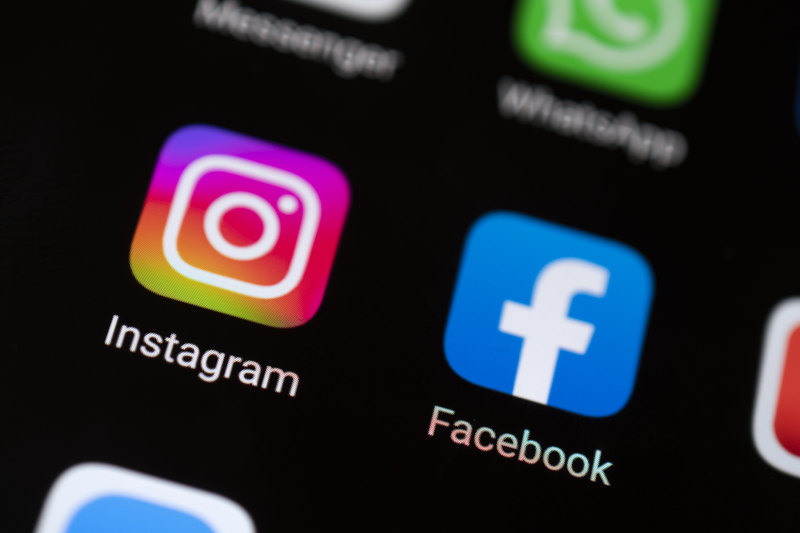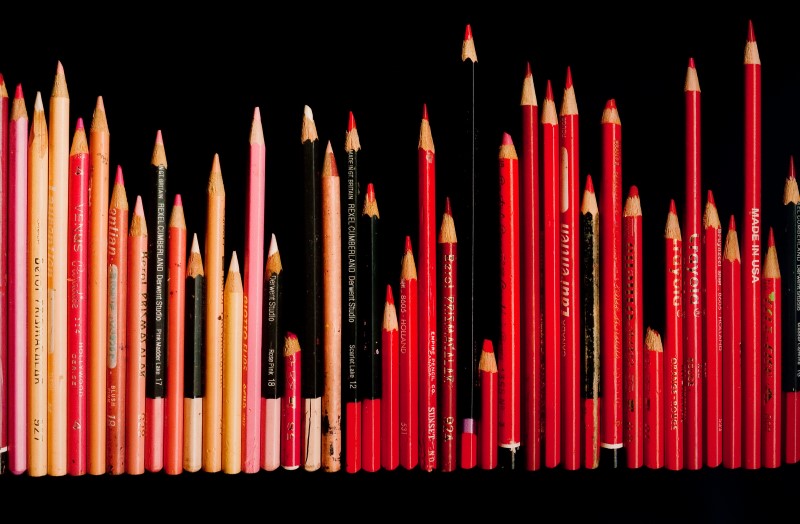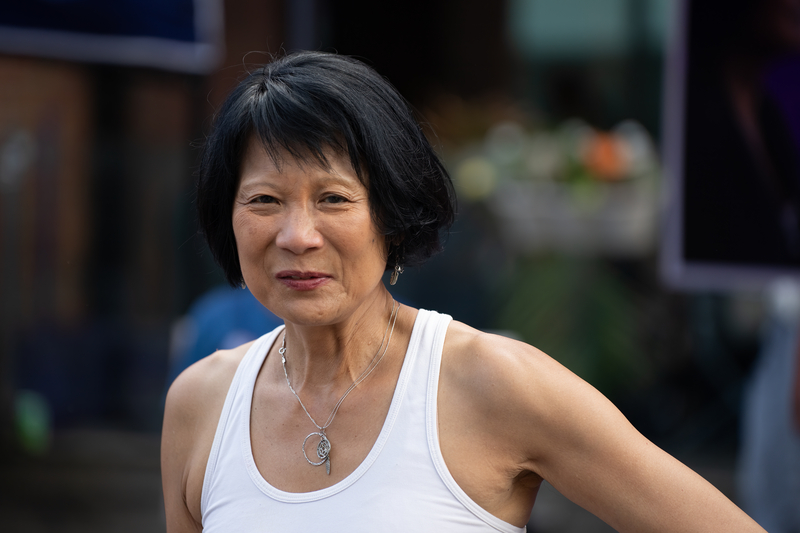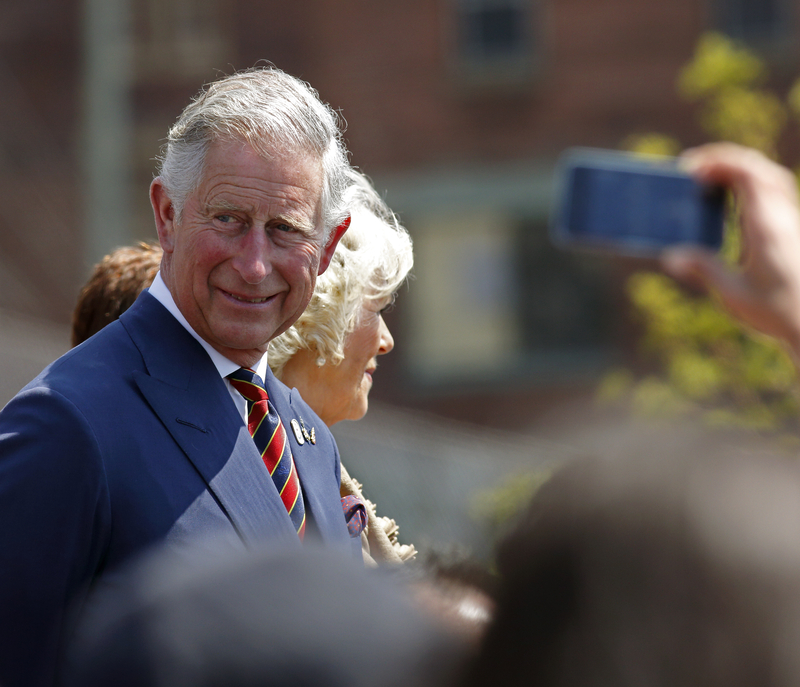Beijing 2022.
With Tokyo 2020 barely in our rearview mirror, we're already about to experience another Olympics and Paralympics. This time, it is the Winter Games, which will be held in February.
Except, did we just hear that the United States is boycotting the Games? And the UK, too? And now ... Canada? What's happening? Are our athletes really not going to the Winter Olympics?
First off, as of right now, athletes from all of these countries are still going to the Games. But this act—a diplomatic boycott—is still a big deal. And China is not happy about it. Let's answer your questions about this standoff between nations.
What is a boycott?
A boycott is an act of protest where one refuses to engage with or participate in something. It can take many forms. People might decide not to shop at a particular store, or visit a certain event. Sometimes the effect is economic—it hurts a company's ability to make money—other times, it's just symbolic.
In all cases, the message is clear. We do not approve of something that you have done, so we will not support you or your efforts.
What is a diplomatic boycott?
Chinese guards outside the Canadian embassy in Beijing, China. An embassy is a country's diplomatic headquarters in another nation. (Getty Embed)
Diplomats are government officials whose job it is to meet with leaders of other countries. They do this to solve issues and disagreements between nations and build positive relationships. These acts are known as diplomacy.
A diplomatic boycott is a refusal to send diplomats (and other high-ranking members of government) to an event or country. It says, We do not believe that your government has been behaving justly, so we are not going to try to improve our relationship with you at this time.
Why a boycott?
Protests over the Chinese mistreatment of Uyghurs have been growing internationally for several years. (Getty Embed)
When U.S. President Biden's government first announced its diplomatic boycott this week, it said it was doing so because of the Chinese government's "crimes against humanity". The U.S. is angry about China's crackdown on Uyghurs—a Muslim ethnic minority—in the northeastern province of Xinjiang. Numerous reports over the last few years have documented how Uyghurs have been detained and abused by the government. The U.S. is also frustrated by the crackdown on democratic protests in Hong Kong, a city in eastern China that has strong ties to countries like the U.S. and England.
Recently, there have also been concerns over the safety of a famous Chinese tennis player Peng Shaui, who had disappeared after publicly accusing a Chinese government official of assault.
In short, the U.S. does not believe that China is being accountable for its behaviour. Canada, the U.K., and Australia agree. This boycott is a way of trying to take a stand.
What does China think?
Chinese officials say that the boycott will not harm the Games. (Getty Embed)
China has expressed outrage over the boycotts, while also saying that they will have no negative effect on the Olympics themselves. "It doesn't matter if their officials come or not," said Chinese spokesperson Wang Wenbin, "they will see the success of the Beijing Winter Olympics."
The country has also said that they will respond to the boycott with "firm countermeasures", though they've not said exactly what they are planning to do.
Have there ever been Olympic boycotts before?
Yes. In 1980, the United States led 60 countries in boycotting the Moscow Summer Games. This was to protest the Soviet invasion of Afghanistan earlier that year.
Then at the next Summer Games, held in Los Angeles in 1984, the Soviet Union led 12 countries in a similar boycott. It is widely believed that this was a response to the Moscow boycott.
In both of these cases, the boycotts were total, meaning no athletes from those nations went. In many cases, this meant that athletes lost their only shot at competing in the Olympics.
What about the athletes?
Acts of political protest have been growing in sports. Will some athletes decide to boycott these Games? Or will they choose to speak out at the Games themselves? (Getty Embed)
For now, they're all going. All of these athletes train for years—their whole lives, even—just for this moment. It's a lot to ask them to give it up, which is something that leaders like Trudeau and Biden have spoken about.
But some athletes may still personally choose not to go as their own act of protest. In recent years, we've seen athletes becoming more political in their actions. Maybe the best example of this is the act of kneeling during the national anthem to protest racism, which was started by football player Colin Kaepernick. Though this act appears to have cost him his sports career, today his example is followed internationally by thousands of athletes in dozens of sports.
Leading a boycott is a big decision that many countries and athletes will be weighing in the weeks leading up to Beijing 2022.
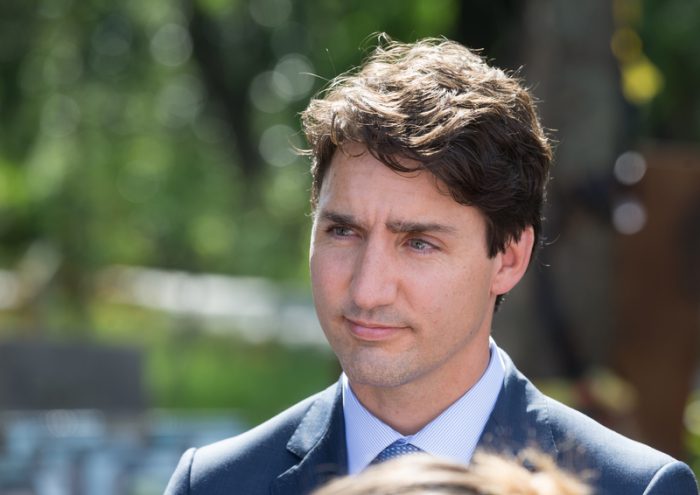 Prime Minister Justin Trudeau announced Wednesday that Canada was following the U.S. boycott of the Beijing Games. (ID 74194092 © Palinchak | Dreamstime.com)
Prime Minister Justin Trudeau announced Wednesday that Canada was following the U.S. boycott of the Beijing Games. (ID 74194092 © Palinchak | Dreamstime.com)




